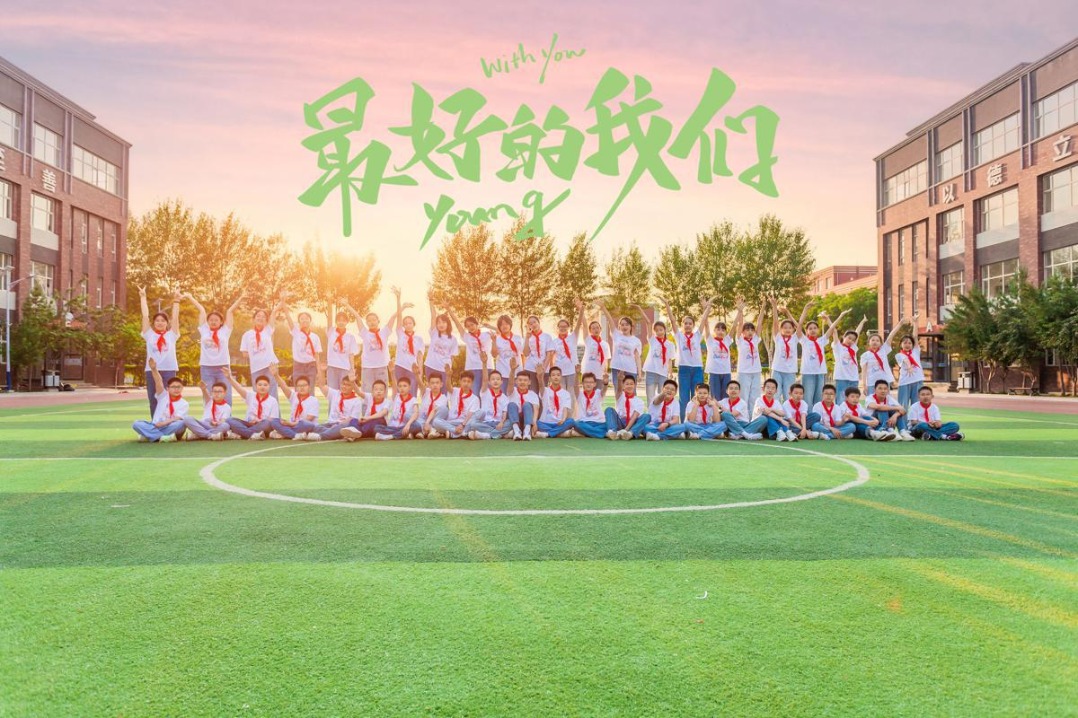Bonds to counteract virus fallout
Details of one-time issuance expected to be released at National People's Congress meeting


Editor's note: As this year's sessions of the National People's Congress and the National Committee of the Chinese People's Political Consultative Conference prepare to open this week, China Daily is publishing a series of stories focusing on the achievements that have been made and major issues expected to be discussed at the two sessions.
China is expected to release details of a special issuance of central government bonds during the upcoming annual session of the country's top legislature. The bonds are mainly for infrastructure investment and projects related to containing the novel coronavirus, according to policy advisers.
It will be China's first offering of special treasuries since the global financial crisis, a one-off measure in the large fiscal stimulus package to counteract the economic fallout caused by the spread of the virus.
There has been a heated discussion among economists on the size, uses and financing method of the new debt.
The size of the special treasury offering could be higher than expected, Liu Shangxi, head of the Chinese Academy of Fiscal Sciences of the Ministry of Finance, said. Liu also is a member of the National Committee of the Chinese People's Political Consultative Conference, the nation's top political advisory body.
The fiscal-deficit-to-GDP ratio, as he projected, may hit a multiyear high in order to intensify government spending, boost confidence and strengthen the social safety net for vulnerable sectors, he said.
A research note from Nomura Securities predicted the issuance to be around 2 trillion yuan ($281.3 billion), part of which would be directly financed by the People's Bank of China, the central bank.
The government's annual budget report, which will be submitted for deliberation and approval during the upcoming National People's Congress session, will unveil the details, according to a person familiar with the matter who asked to remain anonymous.
Regarding the use of the treasuries, most of the money will be injected into building infrastructure, including public health and transportation facilities. The rest will support programs related to COVID-19 containment. Funds raised by the central government can be transferred to local governments to ease financial difficulties, the source said.
Some of the special treasuries may be used to provide financial relief, including handing out cash to households and small and medium-sized enterprises in some regions hit hardest by the pandemic, and waiving interest payments for corporations, Nomura's research indicated.
Who will buy the large debt is another hot topic. The issue of whether the central bank would directly purchase the treasuries has escalated debates before the opening of the annual session of the NPC on Friday.
CPPCC member Liu proposed that the PBOC could hold a part of the debt, which would "monetize" the massive fiscal budget deficits, in effect increasing the amount of money in circulation. "The monetization of fiscal deficit will ease the government's tight financing conditions and improve the efficiency of monetary policy," he said.
Ma Jun, a member of the PBOC's monetary policy committee, disagreed with Liu's idea, calling it "direct printing of money" where fiscal bills never need to be paid.
"In history, many countries that once allowed the central bank to directly finance treasuries have experienced hyperinflation." Excessive money supply will also lead to a rise of asset price bubbles, especially in the property market, currency depreciation, over-indebtedness and lower productivity, he warned.
Conventional monetary policy could be an option, such as cutting the reserve requirement ratio-cash that must be held in reserve by financial institutions-to provide liquidity for a certain group of commercial banks that can purchase bonds in the secondary market, according to Ma.
Some experts have said the government should not borrow and spend money without restraints, which could lead to a surge of inflation. Also, direct bond purchases are contrary to the existing central bank law.
"It's not to say that the fiscal deficit can't be monetized, but two problems should be solved first: The scope of the monetization should underpin the targets of monetary policy, and the fiscal response should be efficient, not having a negative impact on the economy," said Wu Xiaoling, a former vice-governor of the PBOC.




































